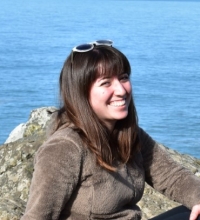Ocean and climate legislation affect all residents of Orange County, but participation in advocacy is not consistent across the county’s varied socioeconomic and cultural groups. Wealthy residents are more often involved in lobbying, and local nonprofits struggle to engage with diverse communities.
This project evaluates science literacy and climate concern within three Orange County demographics: Mandarin-speaking residents, Spanish-speaking residents and residents under 30 years old. It also reviews the reach of Orange County environmental advocacy nonprofits and lobbying groups and explores the effect of participation in hands-on science events on willingness to engage in advocacy. Students from Chapman University and nearby community colleges will conduct surveys, focus groups and interviews. They will also lead participatory science events, where they will guide residents through the process of finding nudibranchs in tide pools. Nudibranchs capture public interest with their bright colors and elusiveness while also serving as potential indicator species for climate change. Students will conduct pre- and post-event surveys for participants, and researchers will incorporate data from this project into existing studies about nudibranch physiology.
After their yearlong, mentored internship, students will share research findings at a workshop and conference. Results of the project will help environmental nonprofits and researchers understand the link between science literacy and sociopolitical action in underserved communities within Orange County.
 Richelle Tanner
Richelle Tanner